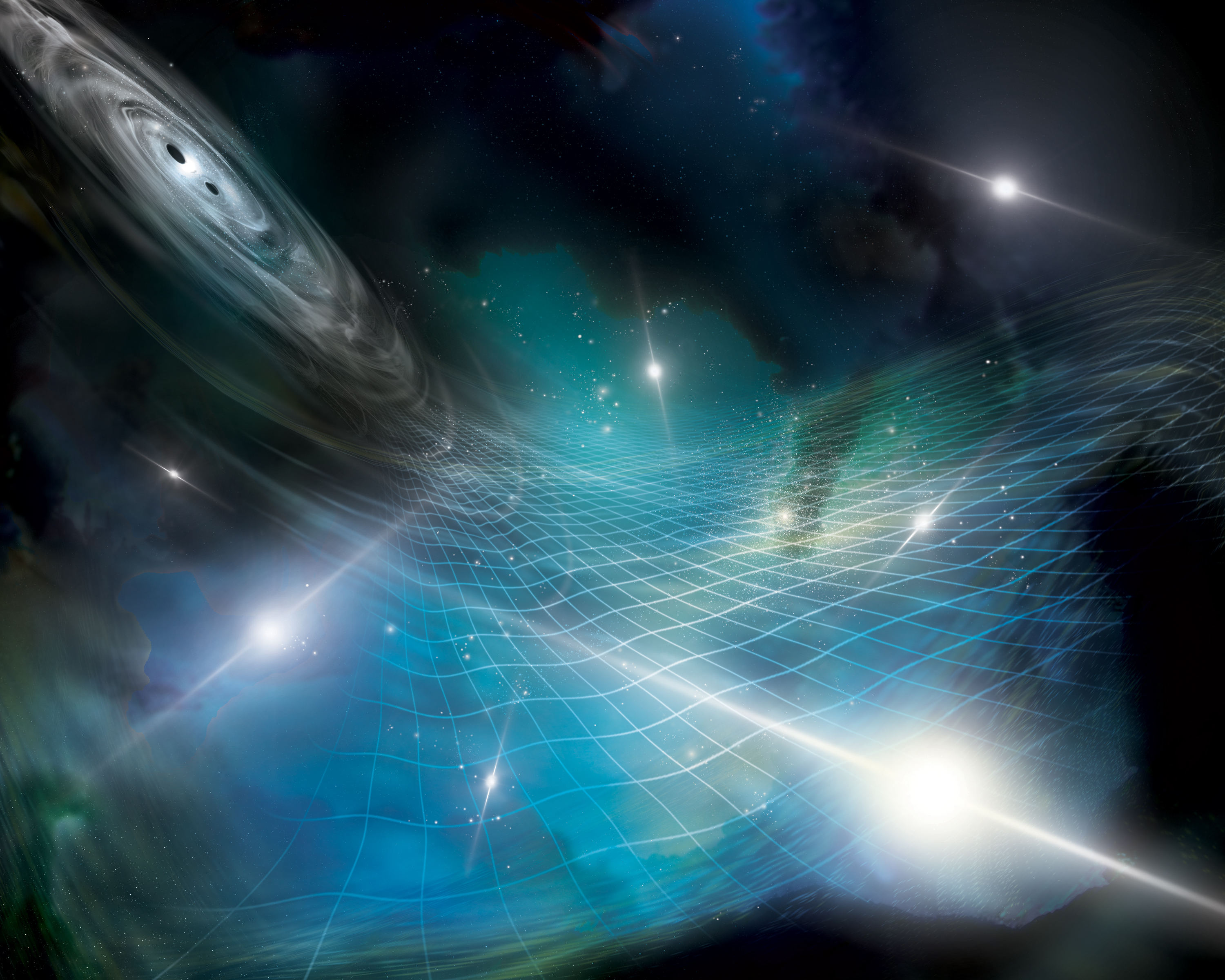Historical Perspectives
Ancient Civilizations: Early human societies measured time using natural phenomena—such as the movement of the sun, moon, and stars. The Sumerians, Egyptians, and Mayans developed calendars and astronomical observations.
Mechanical Clocks: The invention of mechanical clocks in medieval Europe revolutionized timekeeping. By the 14th century, clocks with escapements allowed for more accurate tracking of hours and minutes.
Standard Time: The 19th century saw the establishment of standard time zones, essential for railways and communication networks. Sir Sandford Fleming proposed a worldwide standard time system in 1879, leading to the adoption of Greenwich Mean Time (GMT).
Scientific Developments
Relativity Theory: Albert Einstein's theories of relativity in the early 20th century fundamentally altered our understanding of time. Time is relative, affected by speed and gravity, leading to the concept of spacetime.
Quantum Mechanics: In the realm of the very small, time behaves differently. Quantum mechanics introduces probabilities and uncertainties, challenging classical notions of time as a linear, continuous progression.
Technological Advances
Atomic Clocks: The development of atomic clocks in the mid-20th century provided unprecedented precision. These clocks, based on the vibrations of atoms, are accurate to within billionths of a second.
Global Positioning System (GPS): GPS technology relies on the precision of atomic clocks to provide accurate positioning information. Time synchronization is crucial for the system's accuracy.
Cultural Aspects
Perception of Time: Different cultures perceive and value time differently. Western cultures often see time linearly and quantitatively, while many Eastern cultures view it cyclically and qualitatively.
Time in Art and Literature: Time has been a central theme in art, Lost Time" to Salvador Dalí's "The Persistence of Memory" explore the nature and impact of time.
Future Directions
Temporal Physics: Research in temporal physics explores the nature of time, including the possibility of time travel, the directionality of time, and the flow of time in different environments.
Artificial Intelligence and Time: AI can change how we interact with and manage time, from personal productivity tools to large-scale simulations of temporal processes.
Societal Changes: As technology accelerates, our relationship with time continues to evolve. Concepts like the "singularity" suggest a future where time's progression could be fundamentally different from our current understanding.
Ancient Civilizations: Early human societies measured time using natural phenomena—such as the movement of the sun, moon, and stars. The Sumerians, Egyptians, and Mayans developed calendars and astronomical observations.
Mechanical Clocks: The invention of mechanical clocks in medieval Europe revolutionized timekeeping. By the 14th century, clocks with escapements allowed for more accurate tracking of hours and minutes.
Standard Time: The 19th century saw the establishment of standard time zones, essential for railways and communication networks. Sir Sandford Fleming proposed a worldwide standard time system in 1879, leading to the adoption of Greenwich Mean Time (GMT).
Scientific Developments
Relativity Theory: Albert Einstein's theories of relativity in the early 20th century fundamentally altered our understanding of time. Time is relative, affected by speed and gravity, leading to the concept of spacetime.
Quantum Mechanics: In the realm of the very small, time behaves differently. Quantum mechanics introduces probabilities and uncertainties, challenging classical notions of time as a linear, continuous progression.
Technological Advances
Atomic Clocks: The development of atomic clocks in the mid-20th century provided unprecedented precision. These clocks, based on the vibrations of atoms, are accurate to within billionths of a second.
Global Positioning System (GPS): GPS technology relies on the precision of atomic clocks to provide accurate positioning information. Time synchronization is crucial for the system's accuracy.
Cultural Aspects
Perception of Time: Different cultures perceive and value time differently. Western cultures often see time linearly and quantitatively, while many Eastern cultures view it cyclically and qualitatively.
Time in Art and Literature: Time has been a central theme in art, Lost Time" to Salvador Dalí's "The Persistence of Memory" explore the nature and impact of time.
Future Directions
Temporal Physics: Research in temporal physics explores the nature of time, including the possibility of time travel, the directionality of time, and the flow of time in different environments.
Artificial Intelligence and Time: AI can change how we interact with and manage time, from personal productivity tools to large-scale simulations of temporal processes.
Societal Changes: As technology accelerates, our relationship with time continues to evolve. Concepts like the "singularity" suggest a future where time's progression could be fundamentally different from our current understanding.
Historical Perspectives
Ancient Civilizations: Early human societies measured time using natural phenomena—such as the movement of the sun, moon, and stars. The Sumerians, Egyptians, and Mayans developed calendars and astronomical observations.
Mechanical Clocks: The invention of mechanical clocks in medieval Europe revolutionized timekeeping. By the 14th century, clocks with escapements allowed for more accurate tracking of hours and minutes.
Standard Time: The 19th century saw the establishment of standard time zones, essential for railways and communication networks. Sir Sandford Fleming proposed a worldwide standard time system in 1879, leading to the adoption of Greenwich Mean Time (GMT).
Scientific Developments
Relativity Theory: Albert Einstein's theories of relativity in the early 20th century fundamentally altered our understanding of time. Time is relative, affected by speed and gravity, leading to the concept of spacetime.
Quantum Mechanics: In the realm of the very small, time behaves differently. Quantum mechanics introduces probabilities and uncertainties, challenging classical notions of time as a linear, continuous progression.
Technological Advances
Atomic Clocks: The development of atomic clocks in the mid-20th century provided unprecedented precision. These clocks, based on the vibrations of atoms, are accurate to within billionths of a second.
Global Positioning System (GPS): GPS technology relies on the precision of atomic clocks to provide accurate positioning information. Time synchronization is crucial for the system's accuracy.
Cultural Aspects
Perception of Time: Different cultures perceive and value time differently. Western cultures often see time linearly and quantitatively, while many Eastern cultures view it cyclically and qualitatively.
Time in Art and Literature: Time has been a central theme in art, Lost Time" to Salvador Dalí's "The Persistence of Memory" explore the nature and impact of time.
Future Directions
Temporal Physics: Research in temporal physics explores the nature of time, including the possibility of time travel, the directionality of time, and the flow of time in different environments.
Artificial Intelligence and Time: AI can change how we interact with and manage time, from personal productivity tools to large-scale simulations of temporal processes.
Societal Changes: As technology accelerates, our relationship with time continues to evolve. Concepts like the "singularity" suggest a future where time's progression could be fundamentally different from our current understanding.
0 Comments
0 Shares
5K Views







